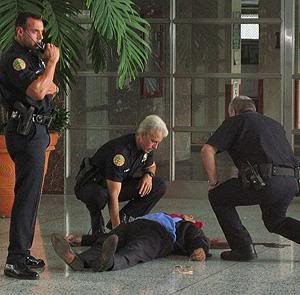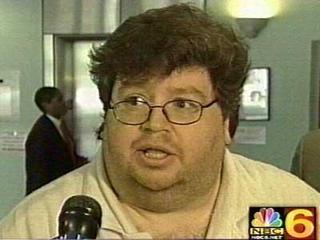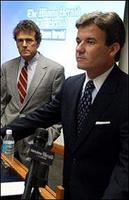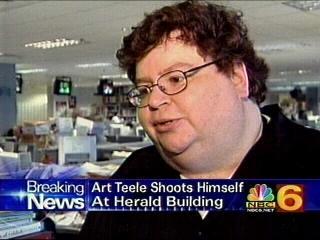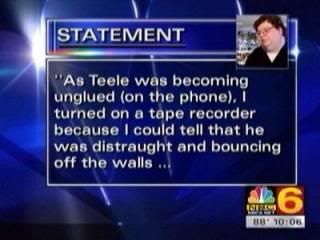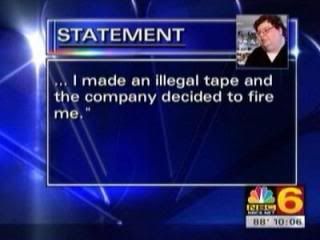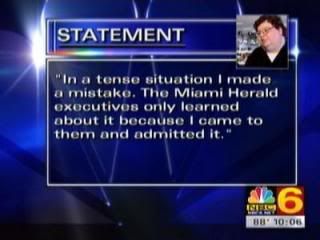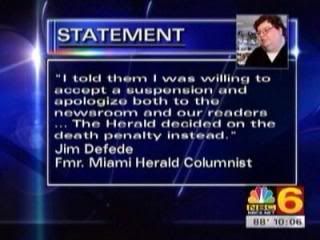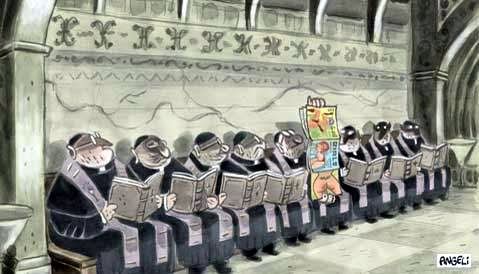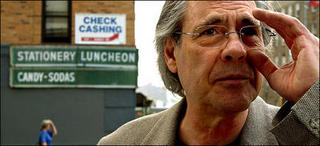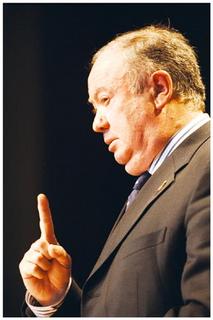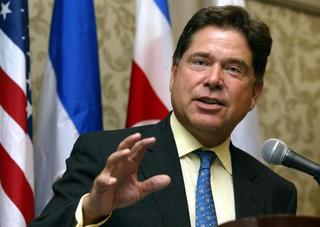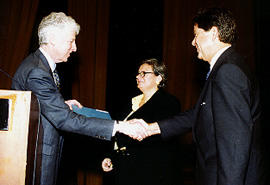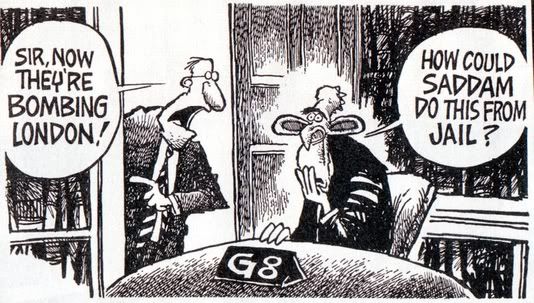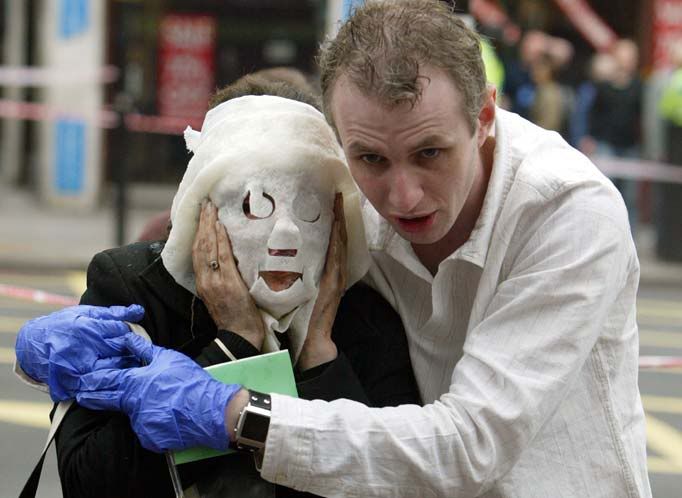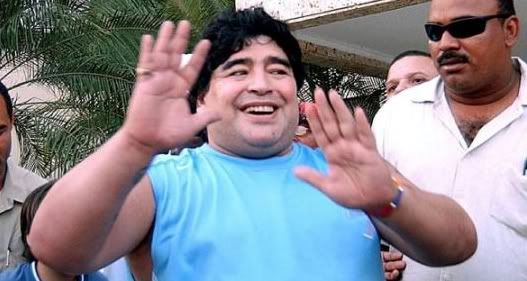DEFEDE/Finding the right balance while striking a chord
 Michael Mayo
Michael MayoNews Columnist
Sun Sentinel
Once you throw yourself in the public eye -- as an elected official or a newspaper columnist -- you know everything you do and say will be scrutinized, and anything can lead to a quick downfall.
We were reminded of that last week with the sudden and shocking suicide of longtime Miami-Dade County politician Arthur Teele Jr. and the sudden and shocking firing of Miami Herald columnist Jim DeFede.
As one who has taken on my share of politicians here in Broward County, the saga that played out to the south shook me on a few levels. As a human being, it reminded me everyone has a breaking point. As a journalist, it reminded me that, although we are just the messengers, the way the message is gathered and presented has very real consequences.
It reminded me of the delicate tightrope I have to walk. As a columnist, I have to be true to readers, fair to subjects and open with editors.
Teele's suicide makes me wonder if sometimes the media do go too far, losing their sense of decency when covering those who seem to have lost theirs. And DeFede's firing makes me wonder if honesty really is the best policy.
Teele shot himself in the Herald lobby Wednesday. He faced numerous corruption charges in state and federal court. But his breaking point might have been the widespread release of lurid details of his personal life, including alleged encounters with a male prostitute, compiled by police investigators and published by the weekly Miami New Times.
It's one thing to have the graphic details sitting in a court file, another to have them splashed out for tens of thousands of readers. The paper didn't even try to get a response from Teele or his attorney before publication. Miami New Times Editor Jim Mullin told me he could not comment.
DeFede, dealing with a distraught Teele in his final hours, activated a taping device on his home telephone without Teele's consent, a possible violation of Florida law and a betrayal of a source's trust.
For that mistake, which DeFede revealed to his bosses, he paid with his job.
As a columnist who knows the pressures, snap decisions and tripwires that come with the territory I say, "There but for the grace of God go I."
The Florida statutes covering taping conversations are complex and virtually incomprehensible, but the general rule is taping calls is forbidden without all parties' consent.
Would I have hit the record button? I make things easy on myself. I don't have a way to tape phone calls at home, and I have no idea whether my newsroom line is capable (I've barely figured out how to retrieve messages).
When I do interviews, I like to get the gist of people's positions, along with a few revealing or witty quotes. Taping might ensure 100 percent accuracy, but as this incident showed, one lapse can lead to zero percent employment.
DeFede erred in flipping the switch, but showed integrity in the aftermath. If I made a similar slip, I'd hope I'd be as honest. I'd also hope my bosses would consider the matter a little longer before making a final decision, especially after such a long and stressful day.
In my role as watchdog over public figures, I play by certain rules. I won't make fun of people's physical characteristics, just their work-related deficiencies. I won't get into personal lives unless it is the subject of criminal charges or exposes hypocrisy relating to their public roles.
For example, if a morals crusader were alleged to be frequenting a prostitute, like Fort Lauderdale Vice Mayor Doug Danziger a decade ago, that's fair game. But do readers really need a full description of everything that took place? Not every salacious detail has to be printed, even if they're already in the public realm.
As much I beat up former Broward elections supervisor Miriam Oliphant for her performance, I never felt the need to troll through her divorce file.
As much as I'm critical of Broward Sheriff Ken Jenne, I really don't care what he does with his free time, unless he's making money improperly through the abuse of his public position.
My credo: hit hard, keep it above the belt and follow the law and an ethical compass. Whatever happens after that is beyond a journalist's control.




